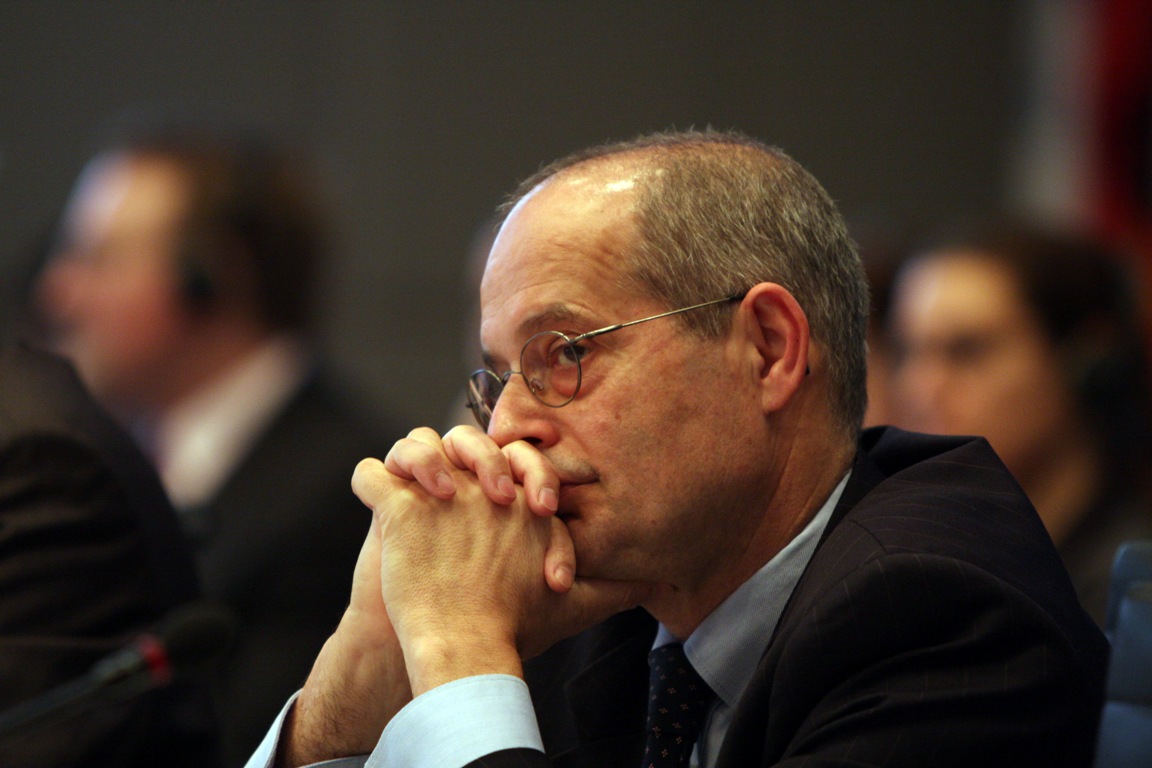UN Special Rapporteur publishes report on situation of human rights in Belarus
The Report analyzes the information received by the Special Rapporteur until 31 March 2016.
"Except for the recent release of political prisoners on the eve of the 2015 presidential election, no improvements have been introduced in the systemic, entrenched curtailment of basic human rights that triggered the establishment of the mandate of the Special Rapporteur in 2012. The current level of scrutiny by the United Nations of compliance by Belarus with its human rights obligations must therefore continue, especially in view of the forthcoming parliamentary elections. The Special Rapporteur concludes the report with recommendations, with the forthcoming parliamentary elections of September 2016 in mind," says the UN expert.
Please find the full text of the Report in the attachment.
Below are the key conclusions and recommendations made by the Special Rapporteur.
- No substantial changes in the repressive legal framework were discernible, despite repeated recommendations made by numerous United Nations human rights mechanisms on amending domestic laws to bring them into line with international human rights standards. The deeply entrenched limitations to the free enjoyment of all human rights continue to be inherent to the organization and functioning of the State.
- Five years since its first review by the Working Group on the Universal Periodic Review, Belarus is still uncooperative with United Nations human rights mechanisms.
- The Special Rapporteur is concerned that the perception that the situation of human rights in Belarus has improved, based on sporadic and marginal changes, conceals the lack of political will to engage in fundamental shifts, which are desperately needed. A few welcome concessions by the State, such as the release of political prisoners on the eve of the presidential election or the tendency to opt for fines rather than impose detention for people taking part in non-authorized rallies, allow nevertheless for the hope that the State will eventually commence to implement its long-pledged compliance with international human rights standards.
- The Special Rapporteur encourages the authorities of Belarus to take advantage of the forthcoming parliamentary elections to strengthen, even if gradually, the national human rights protection system. The long list of recommendations made by international and regional human rights mechanisms offers a toolbox for the authorities.
- The current level of scrutiny by the United Nations of compliance by Belarus with its human rights obligations must therefore be maintained, especially in view of the forthcoming parliamentary elections.
- The Special Rapporteur reiterates his readiness to cooperate with the Government of Belarus. The recommendations that he made in his previous reports remain valid.
In addition, the Special Rapporteur recommends that the Government of Belarus:
(a) Reinstate the civil and political rights of all political prisoners that have been released;
(b) Repeal article 193-1 of the Criminal Code curtailing the freedoms of peaceful assembly and of association;
(c) Transform the permission-based registration system into a notification-based one so that the freedoms of assembly, association and expression, and many other human rights, cease to depend on politicized, selective and arbitrary government decisions;
(d) Register the civil society organizations and political parties that have been denied official recognition;
(e) Introduce a moratorium on executions leading to the total abolition of the death penalty;
(f) Implement all recommendations made by human rights mechanisms by means of a national human rights plan of action, designed in partnership with international, regional and domestic partners, including civil society;
(g) Establish an independent body responsible for the appointment, promotion, suspension and removal of judges and prosecutors, in accordance with the Basic Principles on the Independence of the Judiciary;
(h) Ensure the protection of all human rights defenders and activists from abuses by the State or law enforcement officials, and address impunity in cases of human rights violations by the latter;
(i) Implement the recommendations made by the OSCE election observation mission in its reports on the parliamentary elections of 2012 and the presidential election of 2015;
(j) Draft an anti-discrimination law encompassing all grounds of discrimination.


















